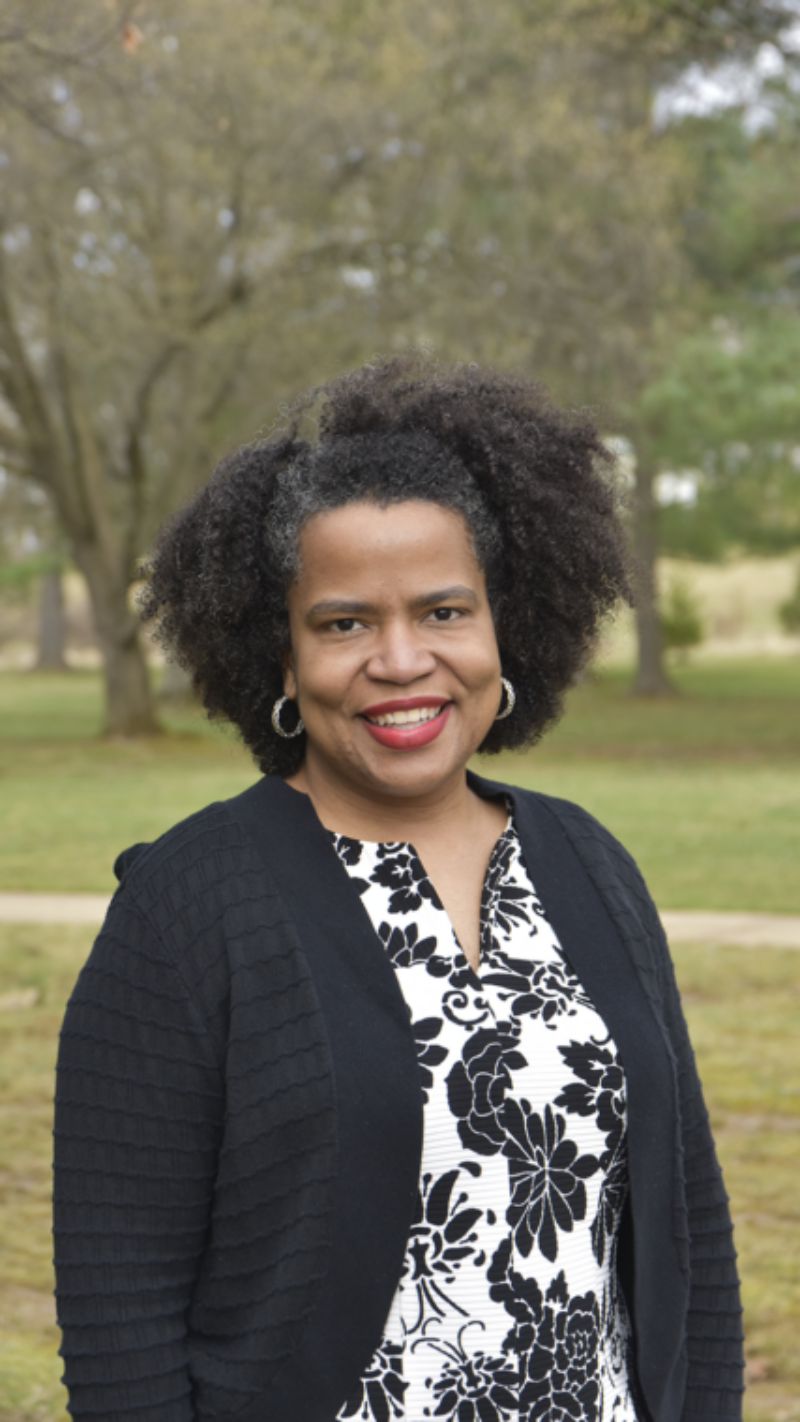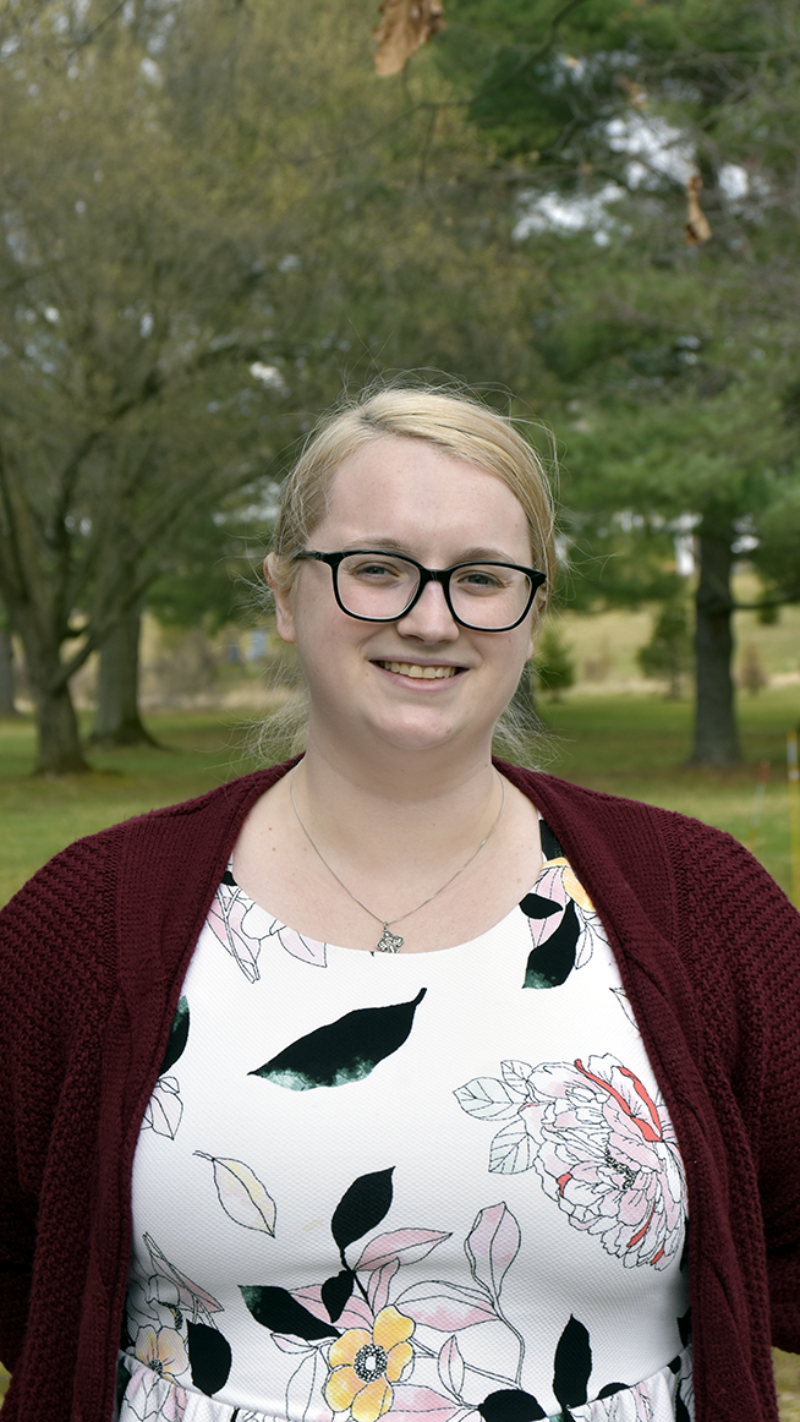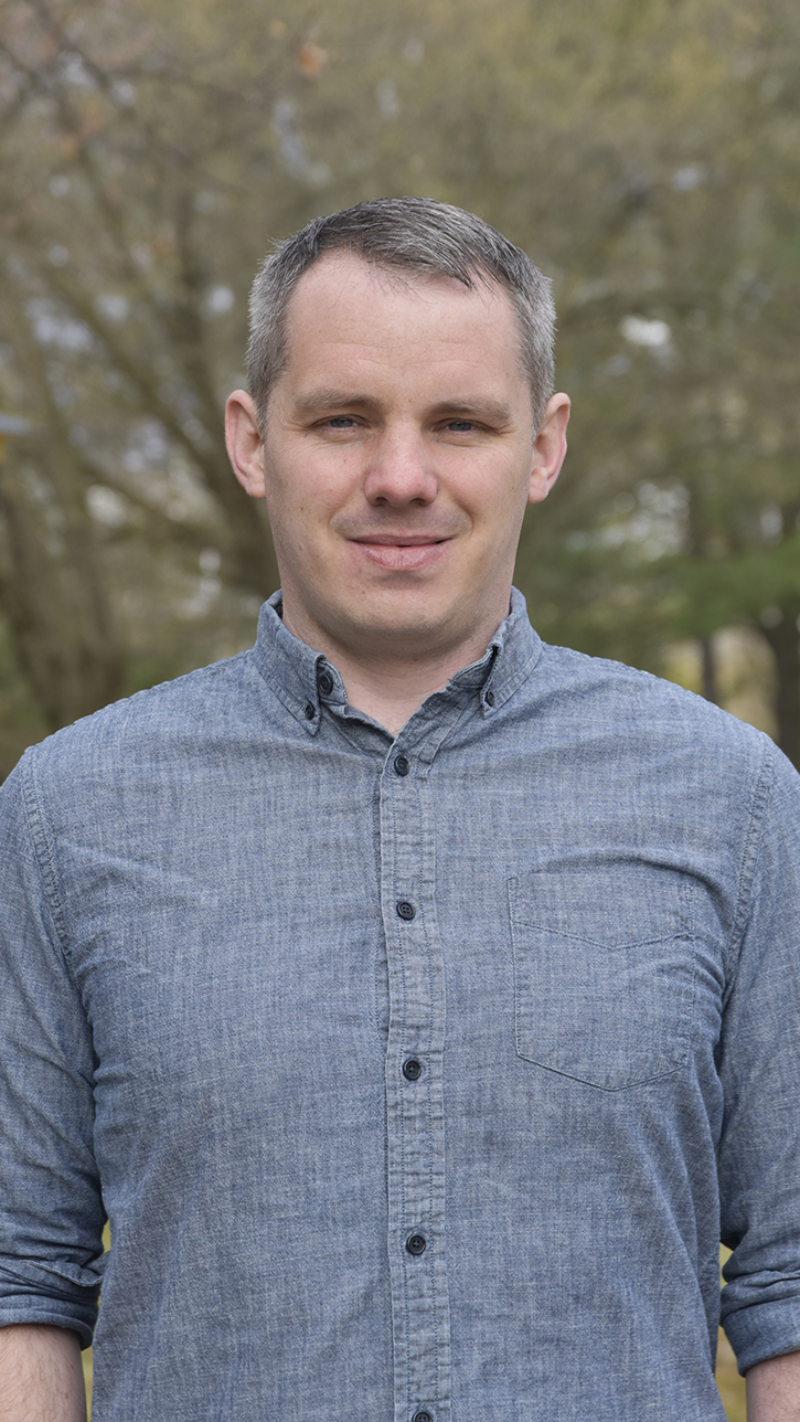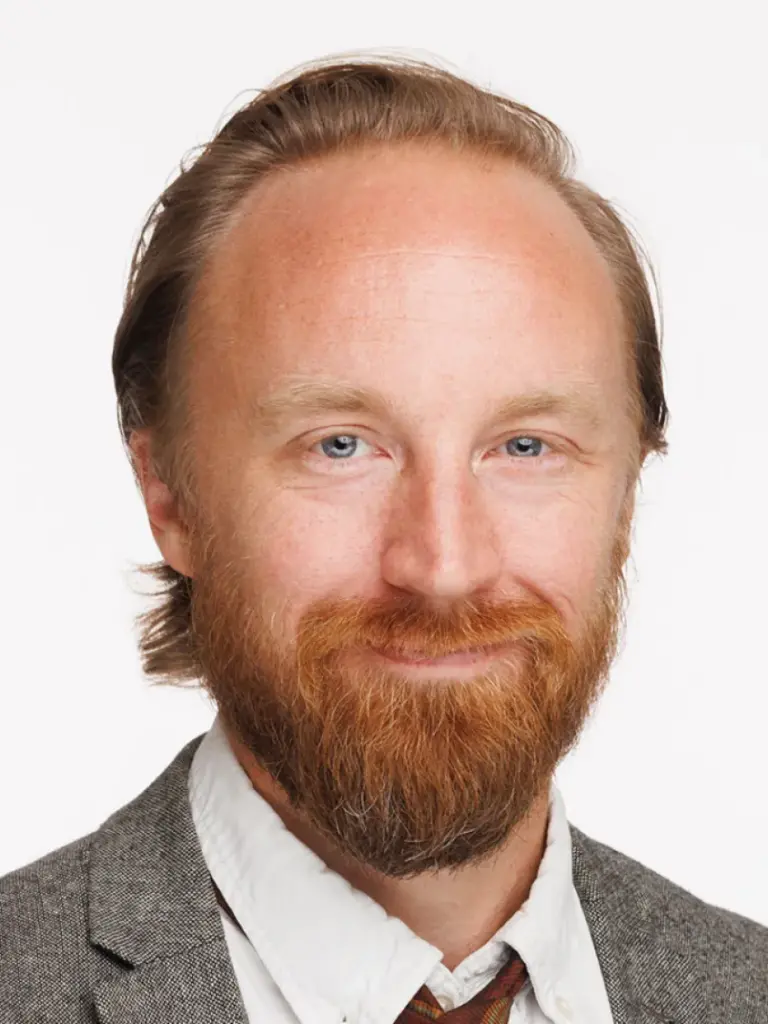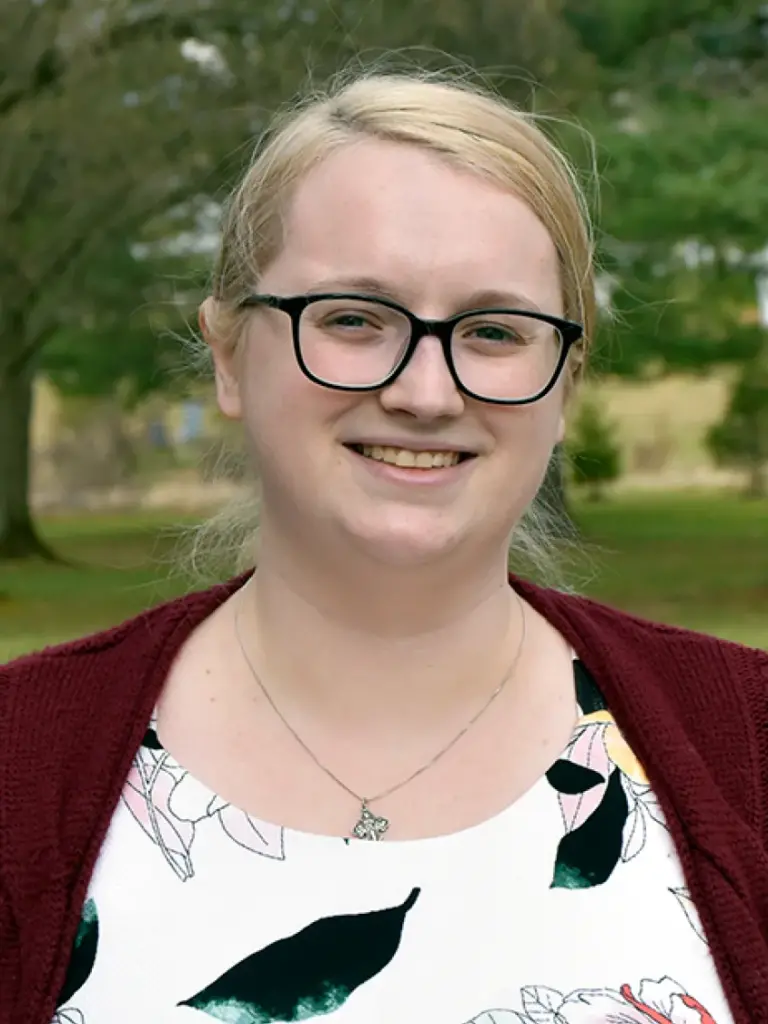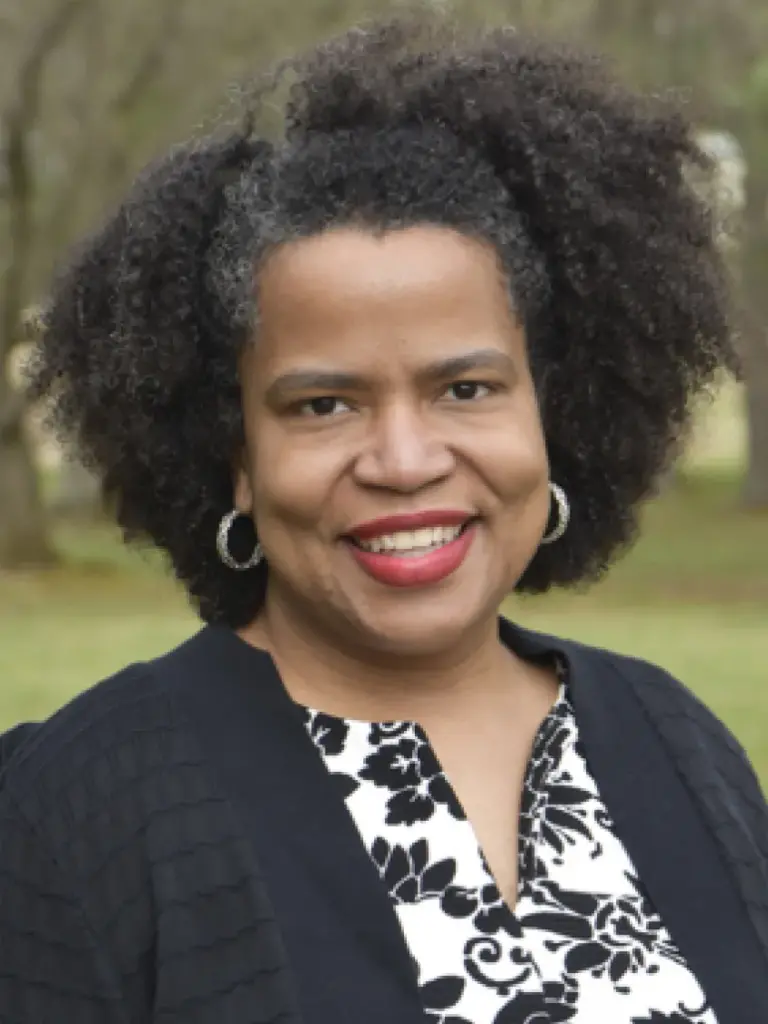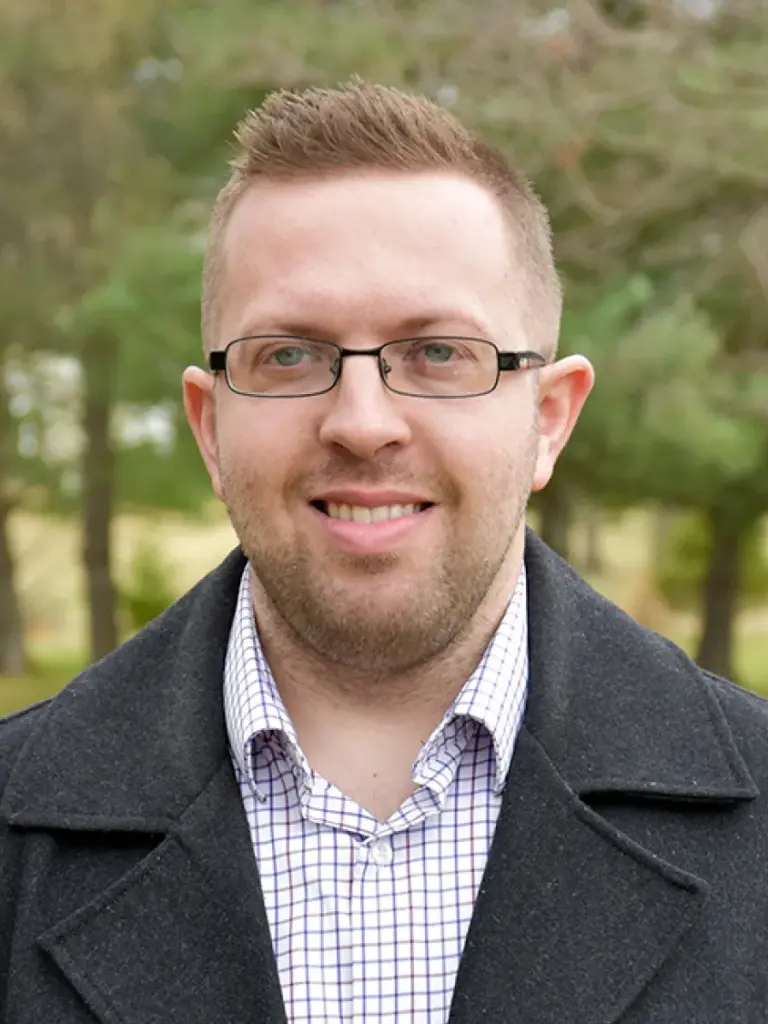Announcing the 2024-2026 Generations in Dialogue Cohort
Medical Ethics: Transhumanism and the Body
Transhumanism and the body — two topics long considered across the fields of literature, film, philosophy, the sciences and theology — have collided in our technocratic-culture that is increasingly being defined by consumerism and materialism.
Fueled by the rapid emergence of A.I. technology, Western society puts pressure on people primed to think in terms of “optimization” — “being the best they can be” – organic machines valued for their ability to produce, achieve and consume. Questions surrounding the creation of technology that interfaces with the body, including interbrain-computer interface implants, bioengineered organs for transplant, and artificial placentas and wombs, are igniting important debates on the nature of consciousness and what it means to be human.
Catholic approaches to these topics, though not new, are underrepresented in public discourse, and are essential for addressing challenges we collectively face as a society. By seeking to answer key questions surrounding transhumanism and the body, we can spark constructive dialogue and create meaningful solutions that guide ethical decision-making and empower humans to thrive in a complex, fast-changing world.
The Fr. James L. Heft, SM Generations in Dialogue Program at the Institute for Advanced Catholic Studies will bring together junior scholars and prominent researchers and thought leaders from various disciplines — including the fields of philosophy, theology, medicine and neuroscience. Together they will address different perspectives on the Catholic commitment to upholding the goodness and normative status of the body, without losing the spirit of the soul. Central to the Transhumanism and the Body project will be a Catholic commitment to seeing Christ’s face in the most vulnerable, the least among us, particularly those who are discarded or left behind in a technocratic, consumerist, throwaway culture.
The Generations in Dialogue program will advance and promote the scholarship and public profile of the participants, as well as elevate their ideas and voices in a world where they are increasingly needed.
Gathering from Fall 2024 to Fall 2026, the cohort will be led by senior scholar and mentor Charles Camosy, Ph.D., professor of Medical Humanities at the Creighton University School of Medicine and holder of the Monsignor Curran Fellowship in Moral Theology at St. Joseph Seminary in New York.
The cohort will gather for four in-person meetings over the two years and a similar number of virtual meetings.
Stay tuned for an announcement on the 2024-2026 cohort!
2019-22 Sociology of Religion Cohort
The Fr. James L. Heft, SM Generations in Dialogue Program provides early-career scholars the opportunity to meet with and learn from some of the finest and most experienced minds in their fields.
The 2019-2022 cohort was Clayton Fordahl, Ph.D., Jane Louise Lankes, Ph.D., Andrew Paul Lynn, Ph.D., Tia Noelle Pratt, Ph.D, and Brad Vermurlen, Ph.D.
Tia Noelle Pratt, Ph.D.
Jane Lankes, Ph.D.
Andrew Lynn, Ph.D.
Meet the 2019-22 Sociology of Religion Cohort
Fr. John Coleman, S.J.
Senior Scholar and Mentor
Fr. John Coleman, S.J. is a leading scholar in the sociology of religion and ethics, who has taught at institutions ranging from the Graduate Theological Union in Berkeley to Louvain University in Belgium and Fu Jen University in Taiwan. A native Californian, he is currently an associate pastor at St. Ignatius Church in San Francisco.
Fr. Coleman’s publications include Globalization and Catholic Social Teaching (Orbis, 2005) and Christian Political Ethics (Princeton, 2007). He has also contributed over eighty chapters in books on topics ranging from Catholic Social Teaching to globalization. Two of Coleman’s most recent chapters are “The Future of Catholic Social Thought” in Modern Catholic Social Teaching: Commentaries and Interpretations (Kenneth Himes, ed., Georgetown, 2018) and “Faith Based Organizations: Social Service and Advocacy” in Faith-Based Organizations and Homelessness (Manuel Mejido, ed., Fordham, forthcoming.)
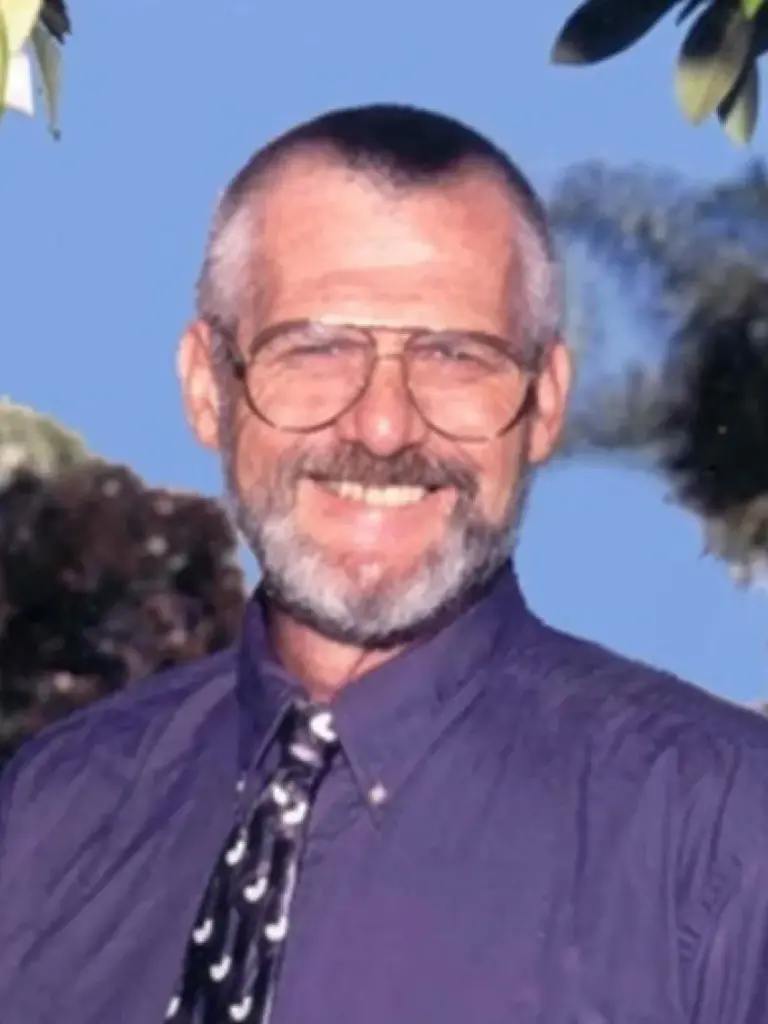
Lektor/Assistant Professor, University of Akureyri, Iceland
School of Humanities and Social Sciences-Faculty of Social Sciences
My current research focuses on the subject of martyrdom. It can be usefully understood in terms of collective commemoration and is a particularly powerful form of bereavement in which a commemorative community develops new understandings of life, death and sacrifice. Most of my historical research has focused on Christian martyrs, with much attention given to Catholic martyrs like Thomas Becket and Thomas More. Researching Christian history brought me into contact with the Catholic intellectual tradition which has encouraged me to consider the body as a much more fundamental aspect of social life. It has also—through its example and its teaching—discouraged me from thinking about faith and reason as conceptual opposites. Finally, general themes in Catholic thinking, like the dignity of the human person and the role of virtue in human conduct, have inspired me to rethink my assumptions about core sociological concerns like secularization and modernization.”
Postdoctoral Research Fellow at the Grand Forks Human Nutrition Research Center
My main research interests are family, religion, and gender. The overarching theme of my dissertation was “intensive mothering,” a cultural model of parenting that expects copious amounts of time, energy, and material resources invested in children. I am interested in how women respond to these cultural demands and the corresponding implications for their childbearing decisions and own well-being. It is important to me to view this topic through a Catholic lens—that having children is an actively good and holy pursuit, but that the Church may need to find new ways to support parents as these cultural demands become even more salient.
Through the spirit of Catholic intellectualism, I hope that my research can integrate a longstanding tradition of prayer, action, and critical reflection into the study of modern sociological and cultural problems. Christian morals and dogma significantly influence how I view sociological processes, and they often push me to pursue deeper solutions to social problems. Theology and science are mutually enlightening, and each has the power to reveal the sacred. It is important to me that Catholic morality be incorporated into my work not only for this reason, but for personal reasons as well. I feel called to be a sociologist, and I believe that my research skills can and should be a tool for Christ’s mission for us.
Andrew Paul Lynn, Ph.D.
Postdoctoral Fellow, Institute for Advanced Studies in Culture
My work investigates the intersection of economics, ethical frameworks, and visions of the good life. In employing a cultural-historical focus, I typically focus on cultural settings or discourse outside formal economics, instead exploring the ways actors incorporate their understandings of economic forces and entities as a baseline by which they pursue particular projects or visions of the good. I have completed a project around how American Conservative Protestants approach questions of work and economics and have now turned to the realm of managerial scholars and practitioners. Here I primarily investigate the ways managerialism has become a central moral source for producing frameworks that allow busy, career-minded professionals the means to affix their life’s work to particular goods and ends deemed significant and worthwhile.
My work is informed by the Catholic intellectual tradition in its orientation toward personalist ethics and an appreciation for the irreducibility of the human experience. I seek to connect qualitative sociology with the storytelling approach implemented by Catholic writer Flannery O’Connor, who saw the the rich development of her characters as a means of battling reductionist explanations of human action and the flattening of nature and experience. Thus, my work typically attempts to bring out the lived experiences and meaning-making of actors as they navigate different cultural frameworks, moral vocabularies, and meaning systems that allow them to understand their day-to-day reality. In approaching the more theoretical questions of ethics, economics, and the good life, I have also leaned heavily notions of human dignity and the common good which flow through a number of Catholic philosophers and theologians.
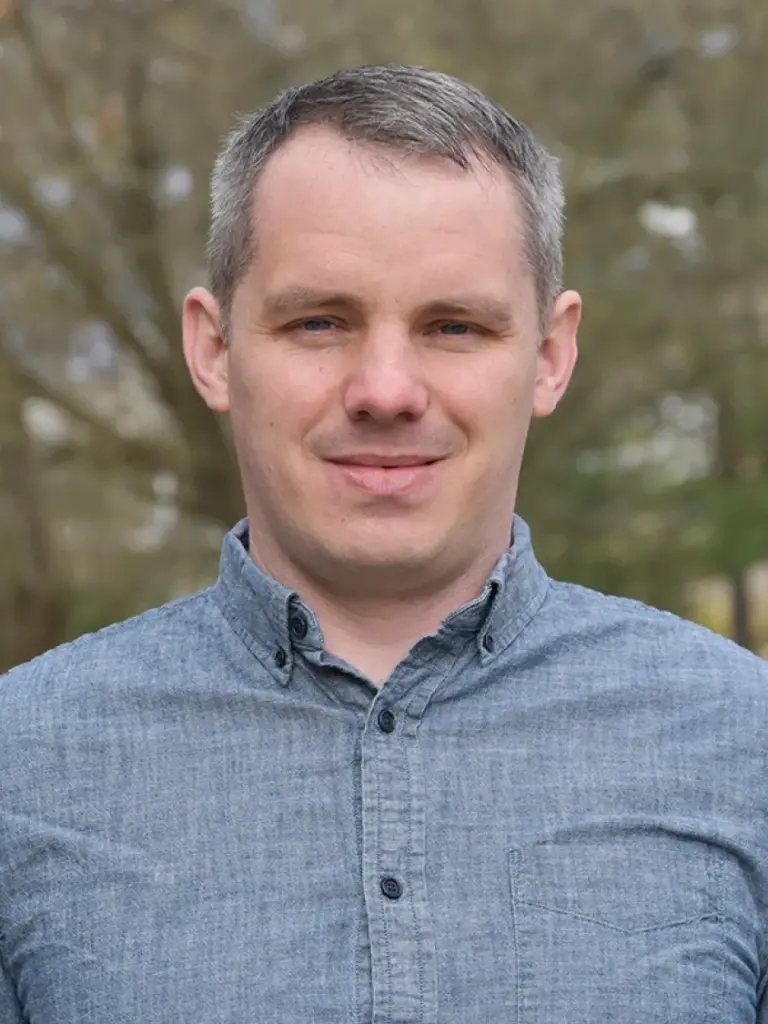
A sociologist of religion by training, Dr. Tia Noelle Pratt received her Ph.D. in Sociology from Fordham University in 2010. For more than twenty years, Dr. Pratt has researched and written about systemic racism in the Catholic Church in the U.S. and its impact on African-American Catholic identity. Dr. Pratt is also the curator of the #BlackCatholicsSyllabus. Along with Generations in Dialogue, she is the IACS program, The American Parish Project. Dr. Pratt is currently working on a book, Faithful and Devoted: Racism and Identity in the African-American Catholic Experience. Her academic work has been featured in the Interdisciplinary Journal of Research on Religion and multiple edited volumes. Dr. Pratt’s award winning public scholarship has been featured in Faithfully, Commonweal, The Revealer, National Catholic Reporter and America. As Villanova, she also serves as editor of the Journal of Catholic Social Thought.
Visiting assistant professor of sociology at Calvin University
My research interests center around culture, sociological theory, movements, and American religion. I earned my Ph.D. in sociology at University of Notre Dame in 2016. My dissertation used qualitative methods to explain the “New Calvinist” or “neo-Reformed” movement within American evangelicalism, showing how religious leaders vie strategically for their own institutional vitality, all while the broader field of evangelical Protestantism fragments into theological and moral incoherence. A revised version of my dissertation was published in 2020 by Oxford University Press under the title Reformed Resurgence: The New Calvinist Movement and the Battle Over American Evangelicalism. Most recently, I’ve begun a second book manuscript tentatively titled Is a Christian Sociology Possible? which examines — in a non-confessional manner — what sociology could look like if it were informed by the Christian intellectual and moral tradition. I’m convinced sociology deals with such consequential matters that drawing from Catholic thought has the potential to be a lifegiving influence in a discipline which otherwise has notable tendencies toward radical social constructionism, ideological activism, and nihilism. Further details on my background and my work, including a full CV, are available at www.bradvermurlen.com.

